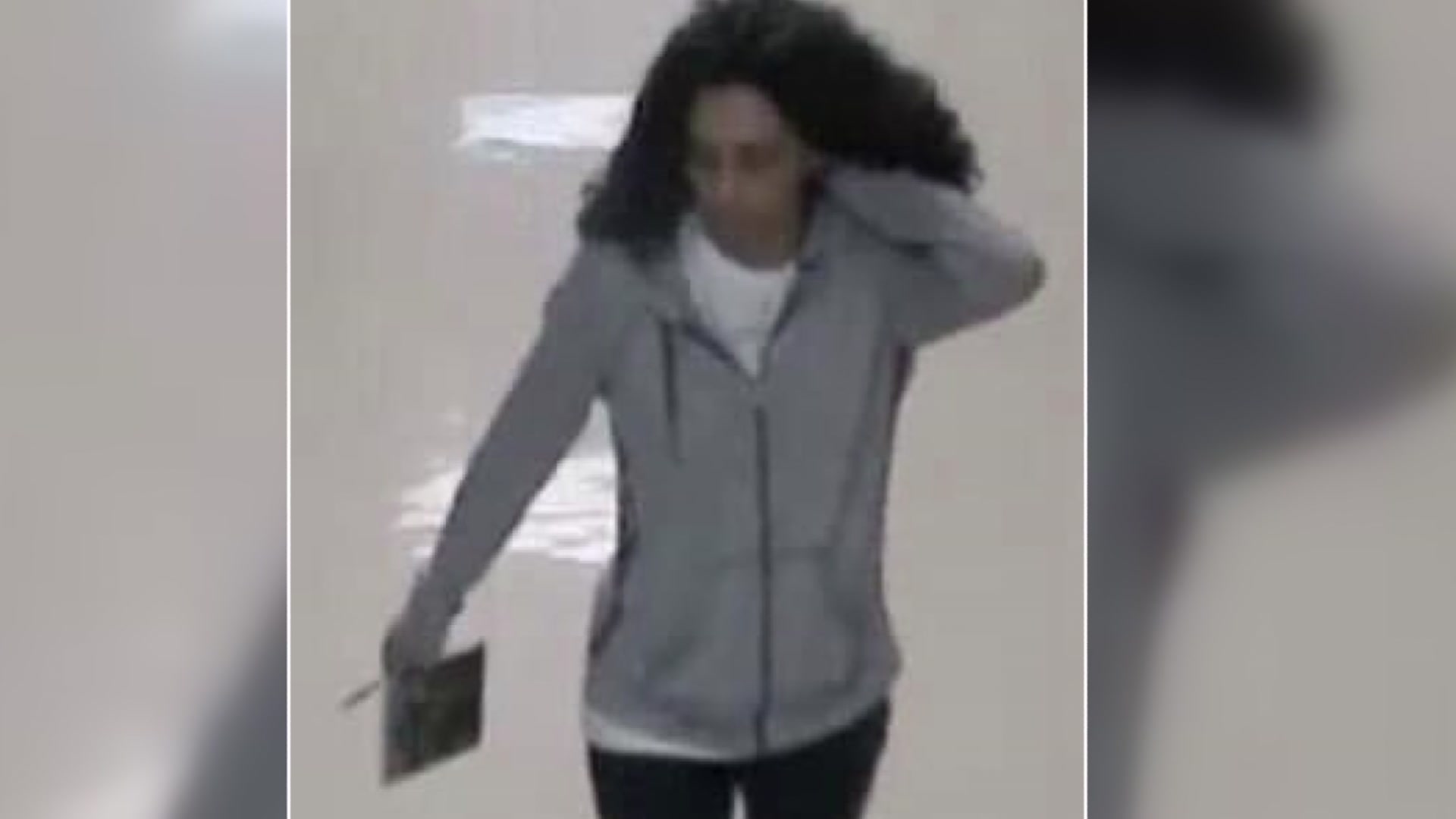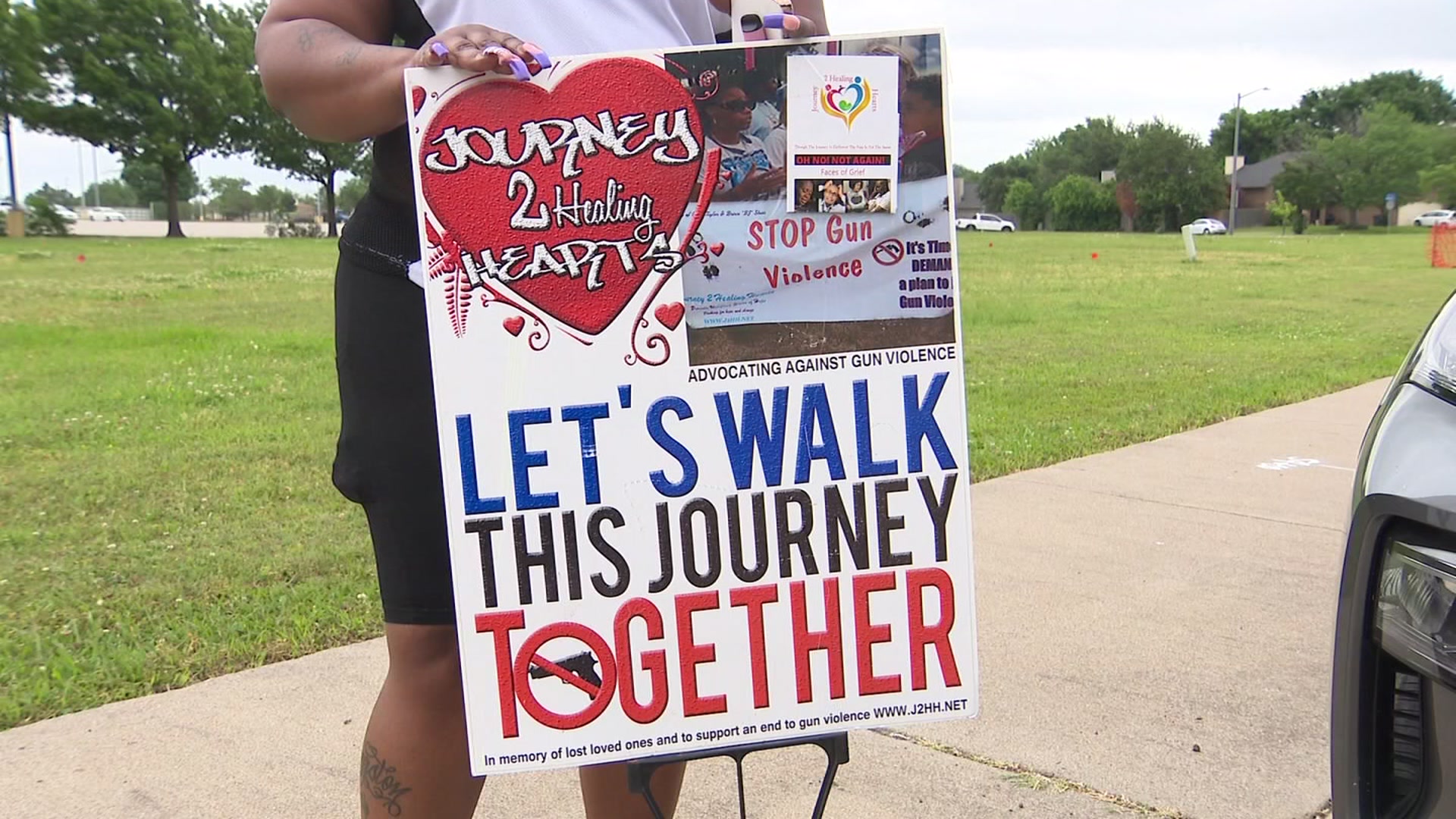Dallas has a new plan to get banks to invest in underserved areas and end the effects of racist lending practices that were outlawed many years ago.
Residents say some parts of the city still show the impact of redlining -- maps from the 1930s that openly marked certain neighborhoods as places undesirable for lending.
Redlining had the effect of limiting the growth of those neighborhoods and keeping Black and Hispanic families from gaining wealth through homeownership, city officials said.
“Redlining has been around for a long time and it’s going to keep moving forward unless we take a step as a city,” said councilmember Carolyn Arnold.
Get DFW local news, weather forecasts and entertainment stories to your inbox. Sign up for NBC DFW newsletters.
The Dallas City Council Economic Development Committee on Monday endorsed the proposal for a Responsible Banking Ordinance to be considered by the full city council on May 25.
Members said it is intended to help parts of Dallas where remnants of redlining still exist.
Committee Chairman Tennell Atkins said doing so would boost the entire city.
Local
The latest news from around North Texas.
“We are talking about redlining, we’ve got to change this. If we’re going to grow this city and make sure we don’t have to raise property tax values, we’ve got to invest in the southern part of Dallas,” Atkins said.
South Dallas Resident Mark James has lived for 50 years in a house across the street from a new home construction site that he said was vacant for decades.
New construction has begun around his neighborhood and property values are rising, but James said he is concerned that the new homes may not bring good neighbors.
So, he was relieved to meet the nonprofit builder and the banker behind that new home.
"We've been redlined in the past, things that we can't control. By being in the neighborhood as I have, we obviously know this. We can see this,” he said.
Pastor James Armstrong, leader of the nonprofit “Builders of Hope,” told Mark James that buyers are screened and must be able to pay a mortgage with down payment assistance.
“We’re all about building community, not just building a house,” Armstrong said. “This work is so important and the hurdles are so big, you can't do it by yourself.”
Benchmark Bank is a partner with Builders of Hope and has been for years.
“When banks participate in making stronger neighborhoods, it's good for all the citizens of Dallas, not just the people in the neighborhoods that we're strengthening,” said John Jackson, Benchmark Bank Senior Vice President.
The new Responsible Banking Ordinance would encourage that approach by other banks, modeled after laws in several other cities.
In order to receive future deposits of city money, the ordinance would suggest new lending practices for home and business loans in underserved areas.
“If you live in a neighborhood that has banks on every other corner, you have a privilege that some of us don’t have,” said councilman Omar Narvaez.
The city is forbidden by state and federal law from regulating banks.
Lending institutions are already required to collect much of the information the proposed city rules would request and banks could simply decline participation in the city plan.
But, council members Monday said they hope the ordinance would send a message, set a tone and create an example for all banks in Dallas.
“This is a great opportunity for financial equity, for us to create opportunities for businesses, nonprofits, etcetera, that normally don’t get access to capital,” councilman Casey Thomas said.
Benchmark Bank’s John Jackson said he supports the use of incentives.
“I think their approach is very even-handed,” he said.
Some new investments similar to what Benchmark and Builders of Hope are making are already happening with for-profit developers closer to downtown neighborhoods like South Dallas.
“The opportunity is here. It’s always been here. It’s not like it’s something new,” resident Mark James said. “If it’s progress, fantastic.”
The goal of the new city action is more progress, faster.



